Yasin Bhatkal reveals that while he had planned a terror attack on the scale of the ‘93 blasts, one of his associates contracted malaria in the eleventh hour, forcing him to change his plans
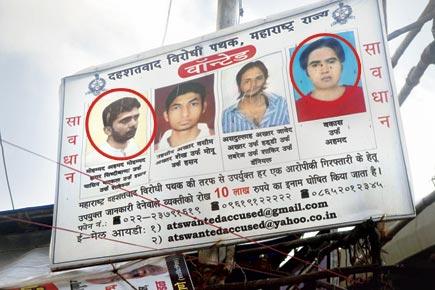
While many families in the city are still suffering in the aftermath of the triple blasts that shook Mumbai on the evening of July 13, 2011, one of the terrorists accused in the case has made the chilling revelation that the operation was in fact a failure, and had originally been planned on a far greater scale, to echo the 13 serial blasts of 1993 that claimed 350 lives. And what came between the terrorists and their mission, and saved the city from a bigger bloodbath, was a humble, but lethal mosquito.
ADVERTISEMENT
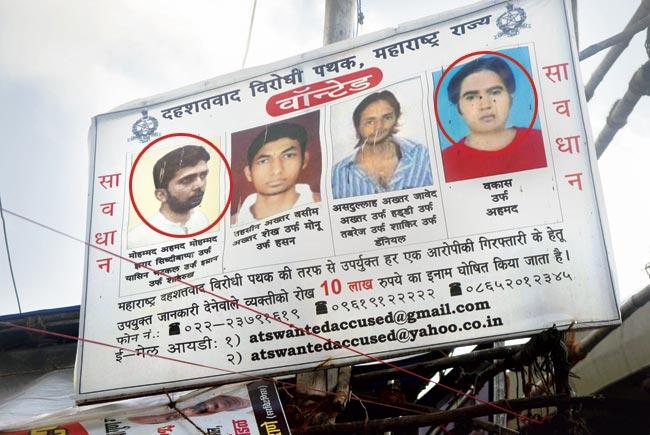
A poster issued by the ATS shows Yasin Bhatkal (left), who is in custody of the ATS, and Waqas (right). File pic
The Maharashtra Anti-Terrorism Squad (ATS), which has Indian Mujahideen co-founder Yasin Bhatkal in its custody, made this shocking discovery while interrogating him. He said that one of the terrorists involved in the operation, a Pakistani national Waqas Shaikh, fell ill just before the planned execution of the operation, and had to be admitted to a state-run hospital.
While doctors initially suspected he had dengue, he was later diagnosed with malaria and a fatty liver, said the police. Thanks to this bout of illness, the operation was delayed, and subsequently sized down in magnitude and impact.
Mohammed Ahmed Sidibapa alias Imran alias Shahrukh better known as Yasin Bhatkal was arrested by the National Investigative Agency from the Indo-Nepal Border on August 13 last year. After changing several hands, he was handed over to the ATS on Wednesday. He subsequently made this revelation to his interrogators.
Eye on the city
“Yasin wanted to carry out a series of blasts, similar to the serial blasts that rocked the city in 1993. They recced several places, including the McDonald’s outlet in Andheri (West), Dadar (East), Dadar (West), Dadar TT Market, the ST bus stand at Dadar, the oldest market Gol Deol (Null Bazaar), Juhu beach, the Mumbai police commissioner’s office, the Maharashtra ATS office, Colaba market and Juhu Beach. One of their associates, Pakistani national Waqas Shaikh, took ill with fever, and local doctors told them he could have dengue and needed to be admitted as soon as possible,” said an ATS officer.
'Police van was a target'
The ATS has also learnt that Yasin Bhatkal wanted to blow up a police van that stood near the flower market in Dadar (West). But his plan failed on the final day. Yasin and his associate Tahseen (who is yet to be arrested) went to Dadar and planted a bomb in the BEST bus stand. Their next move was to keep a bomb under the police van.
"But the time they reached the spot, the police van had left for some reason. As they were losing time and the bomb was going to explode soon, they kept it inside a dustbin. But the bomb didn't explode after all," said the ATS officer. Asadullah, one of the associates who was later arrested, planted the bomb at Zaveri Bazaar, while Sheikh placed the explosive at Opera House.
No plan B
Sources in the ATS revealed that Waqas was their main planter, and the group had planned to use him in most of the planned blast sites, since he was not a known face on the police records. With Waqas falling ill, their entire operation went for a toss.
With no plan B in place, the group was left with no choice but to go ahead with the plan and carry out explosions on a smaller scale. The operation had to be deferred by 10 days, till Waqas was discharged from hospital. “Waqas was admitted on June 4, 2011 at J J Hospital, and was discharged around June 13 after treatment for malaria,” said the ATS officer.
This fact has also been mentioned in the 13/7 bomb blast chargesheet. Waqas was admitted with a fake address to J J Hospital. His associates later fled from the city thinking Waqas would be identified as a Pakistani national and apprehended.
They felt that his accent gave him away. By the time Waqas was discharged, the group had lost a significant amount of time, and went ahead and planted bombs at only four places. While three of them exploded, the fourth developed technical problems and failed to explode.
Bombs planted in pressure cookers
Yasin has also revealed that while all the bombs and the improvised explosive devices (IED) were obtained from Mangalore, the batteries, four clocks and four pressure cookers were sourced from within the city. The bombs were placed in the pressure cookers before being planted.
Two were bought from Pydhonie and two others from Grant Road. Cops have identified the shops and are in the process of recording the shop owners’ statements. At present, Asadullah Akthar alias Haddi alias Tabrez is in police custody along with Yasin. The police are still hunting for Waqas and Tahseen. When contacted, Maharashtra ATS chief Rakesh Maria neither confirmed nor denied the news.
Terrorists had eyes on these spots in city
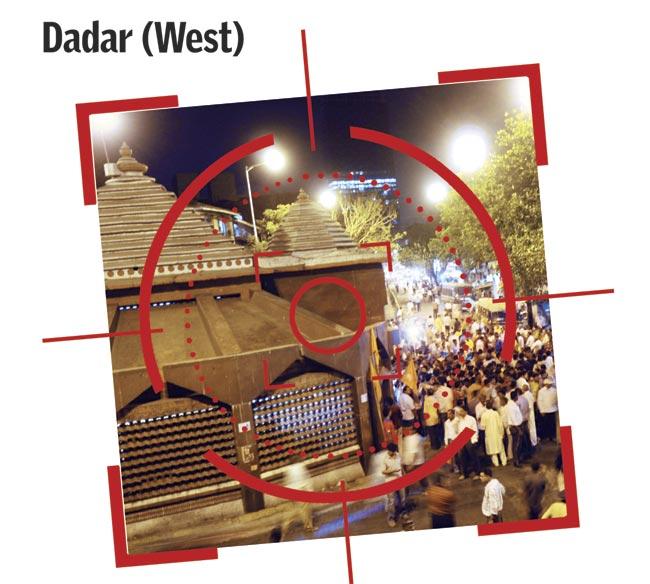
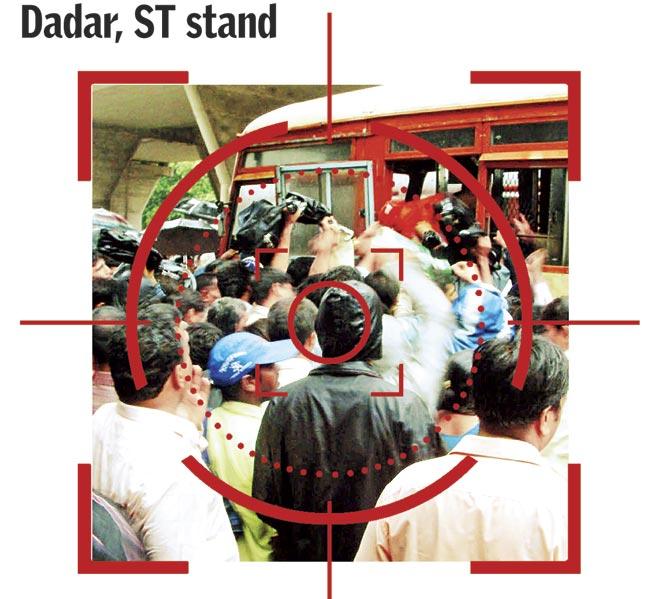
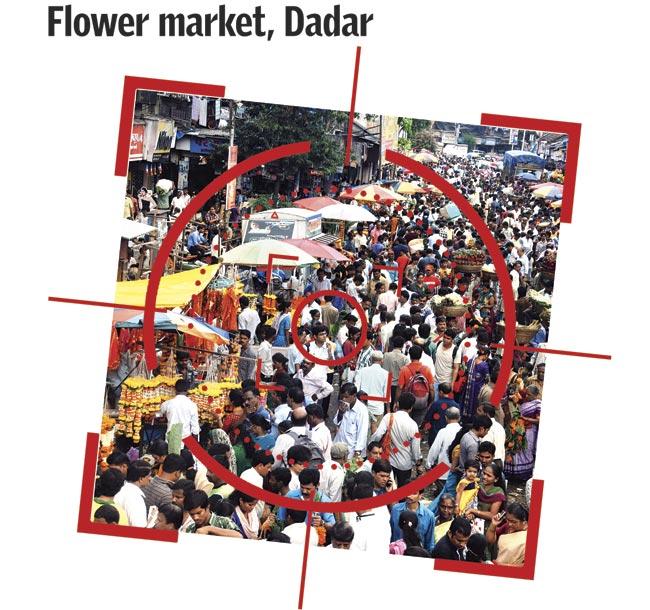
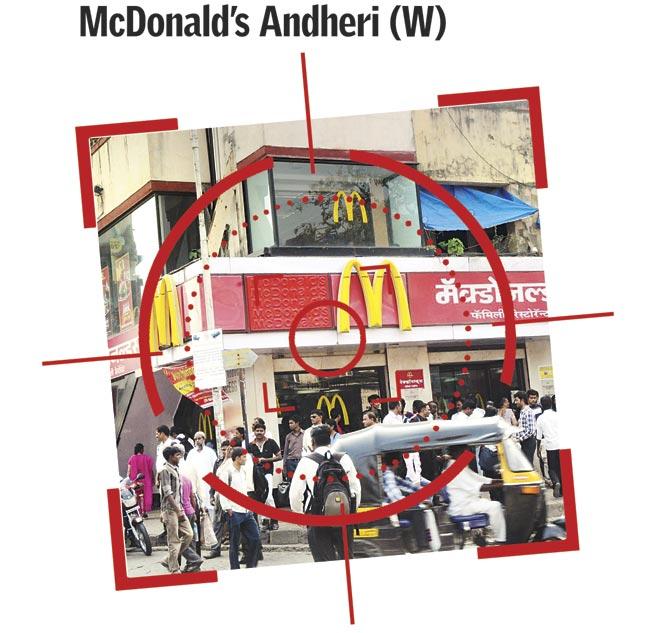
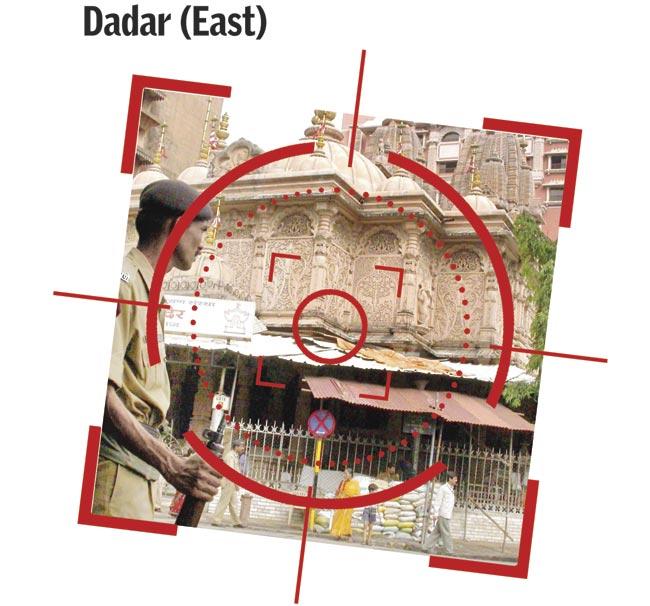
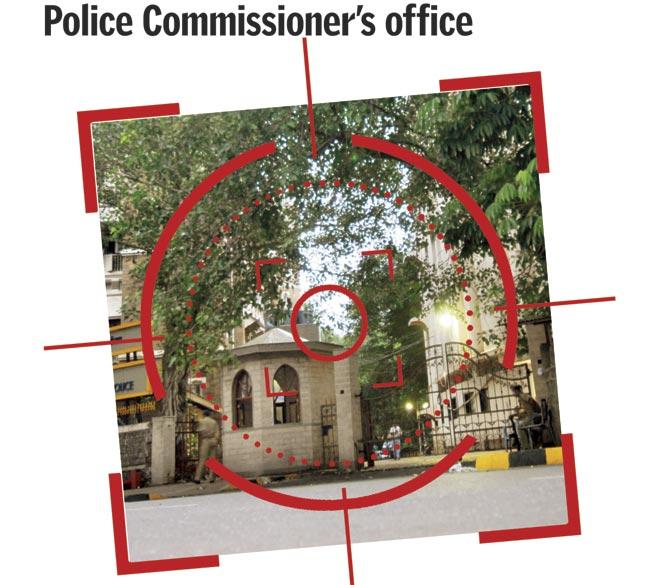
 Subscribe today by clicking the link and stay updated with the latest news!" Click here!
Subscribe today by clicking the link and stay updated with the latest news!" Click here!







